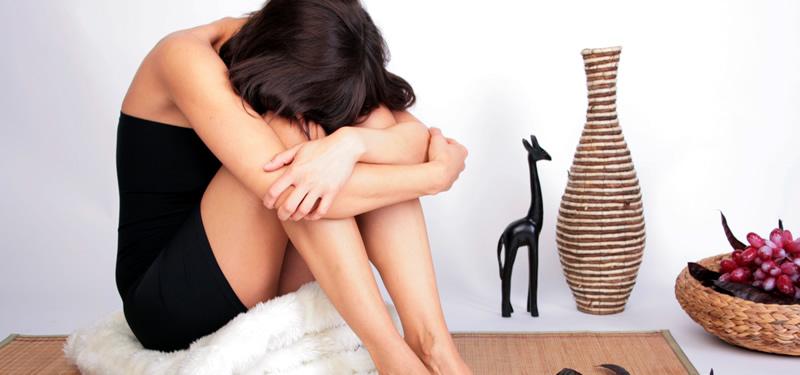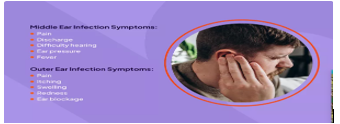Hemorrhoids are a common problem for men and women, and although they are usually harmless, can cause a lot of pain and discomfort. These dilated veins located in the anal canal usually develop when there is a chronic increased pressure in the rectum and anus, which usually occurs with constipation, effort, and sitting for long periods on the toilet.
Hemorrhoids are more common in older people who have weakened the walls of blood vessels in pregnant women, obese people, and those who eat a low-fiber diet. Other risk factors include chronic diarrhea or constipation, liver disease, heart disease, and a family with that condition in its history.

The symptoms
People with hemorrhoids may experience pain, discomfort, swelling, irritation and itching in the anal region. They also may notice a small amount of bright red blood with your stool or on toilet paper or a lump near the anus. Sometimes the swollen veins can protrude outside the anus. These symptoms may come and go, but usually resolve after a few days.
Consult your doctor if you experience pain or swelling, heavy anal bleeding, changes in the nature of stool, a lump or lumps that do not go away, or if symptoms do not disappear after a week of home treatment.
Treatments and Remedies for Hemorrhoids
Most cases of hemorrhoids can be treated at home with simple measures to reduce pain, inflammation and bleeding. It should also eat a diet rich in fiber to relieve constipation and avoid straining on the toilet.
Medications used include:
- Counter pain relievers such as acetaminophen or ibuprofen for pain and swelling
- Vaseline or ointments containing zinc oxide to protect the skin around the anus
- Rectal suppositories, such as preparation for lubricating H anus during defecation
- Ointments with 1% hydrocortisone to relieve inflammation and itching anal
- Local anesthetic to numb the anal area
These drugs should be used only for short periods, since prolonged use can cause side effects such as thinning of the skin and allergic reactions.
Other office procedures, minimally invasive nonsurgical that can help reduce hemorrhoids include rubber band ligation, sclerotherapy (injection of chemicals), and clotting techniques.
Home remedies include:
- The use of soft, white paper, toilet or wipes to gently pat or delete the anus, instead of rubbing after evacuating
- Rinse the year in the bidet or shower
- Avoid using scented soaps
- Applying ice to the anus several times a day, followed by warm compress
- Have bed rest to reduce inflammation and swelling
- Avoid sitting or standing for long periods of time
- Avoid lifting weights
- Use cotton underwear
- Drink plenty of fruit juices
- Avoid straining or holding your breath while the intestine moves
- Sitting in a warm sitz bath for 15 minutes after evacuating
Some people believe that natural remedies or herbal can also help relieve hemorrhoids. Some of the foods that can be taken orally can reduce hemorrhoids are raw almonds, leeks, Jambul fruit juice, cilantro, and routine. Others also recommend applying herbs directly to the anal area, including blueberries mixed and applied with gauze, witch hazel on a cotton pad, a garlic clove or suppositories raw potato and papaya juice on a cotton ball.



